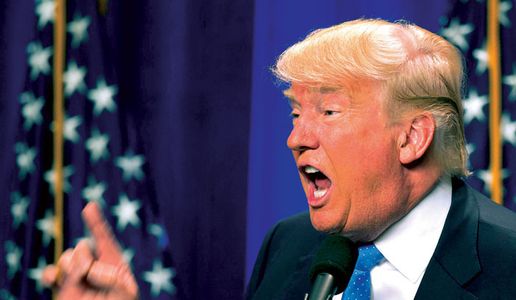Berger: Trump’s Foreign Policy Likely to Be Transactional
Thomas Berger, Professor of International Relations at the Frederick S. Pardee School of Global Studies at Boston University, was recently interviewed on how United States foreign policy is likely to change under President Donald Trump.
Berger was interviewed for a January 20, 2017 article in The Hankyoreh entitled “Under Trump, U.S. Foreign Policy Likely to be ‘Transactional.’”
From the text of the article:
It is very hard to tell at this point in time what kind of foreign policy the Trump administration will wind up pursuing. Even if I had direct access to the President-elect and his advisors (which I do not), many Presidents come into office with a set of ideas which they ultimately have to discard entirely. In all likelihood the same may be true of the incoming Trump administration. Moreover, there are clearly deep divisions of opinion between Trump and some of his advisors, most notably the new Secretary of Defense, General James Mattis. How Trump will manage those differences once in office is an interesting question. Will he listen and allow himself to be guided by his advisors, or will he ignore them?
That being said, we can divine some basic tendencies in Trump’s remarks, which give us some idea about how the tack that the new administration will take, at least in the short run. While the President talks about the importance of unpredictability, this is more a matter of tactics than overall strategy. His is a fundamentally transactional approach to foreign policy making. Instead of emphasizing the US as being in a complex network of relationships with other countries, be they traditional friends and allies (like South Korea) or long-time enemies and rivals (like Russia), Trump seems to view the US as having made a number of deals with other countries which can be challenged and renegotiated as the needs of the moment require.
You can read the entire article here.
Thomas Berger joined the Department of International Relations in 2001. Previously, he taught for seven years at the Johns Hopkins Department of Political Science in Baltimore. He is the author of War, Guilt and World Politics After World War II, Cultures of Antimilitarism: National Security in Germany and Japan and is co-editor of Japan in International Politics: Beyond the Reactive State. You can read more about him here.
